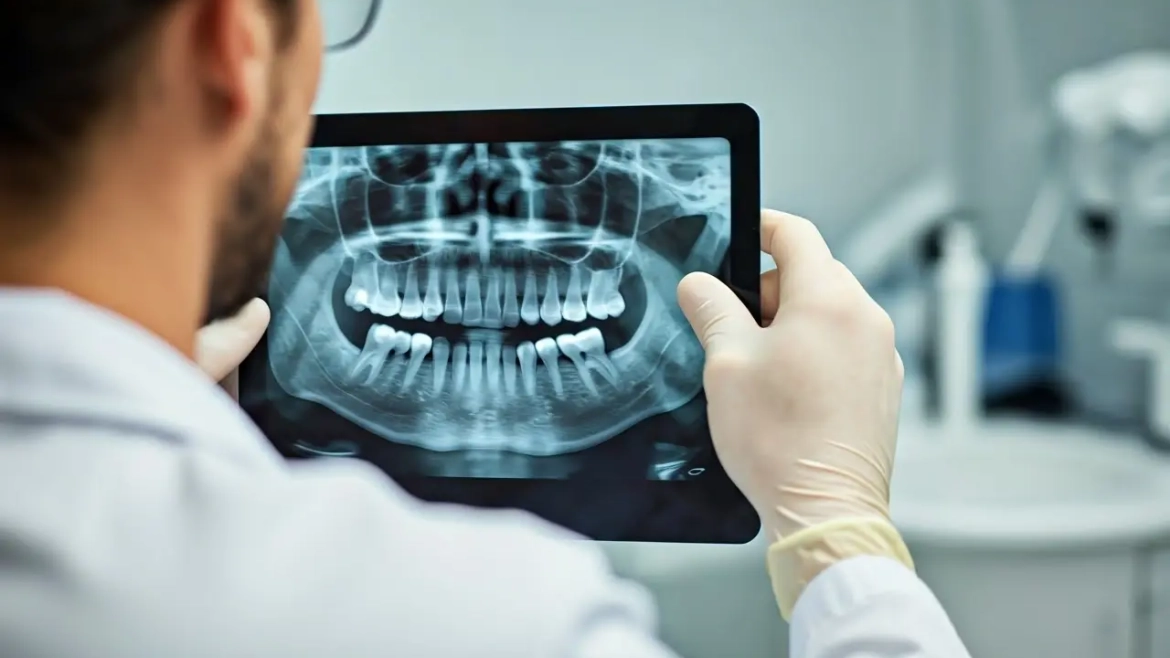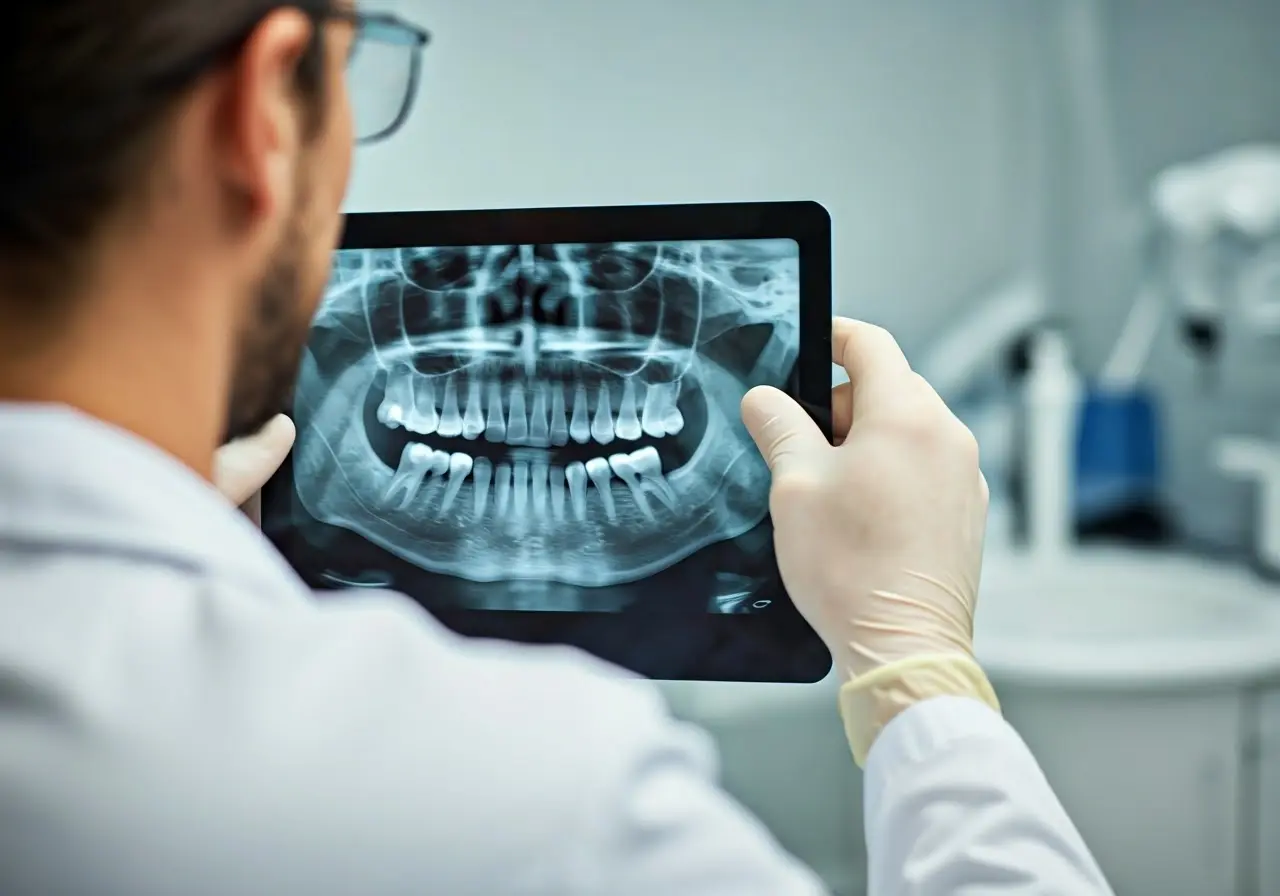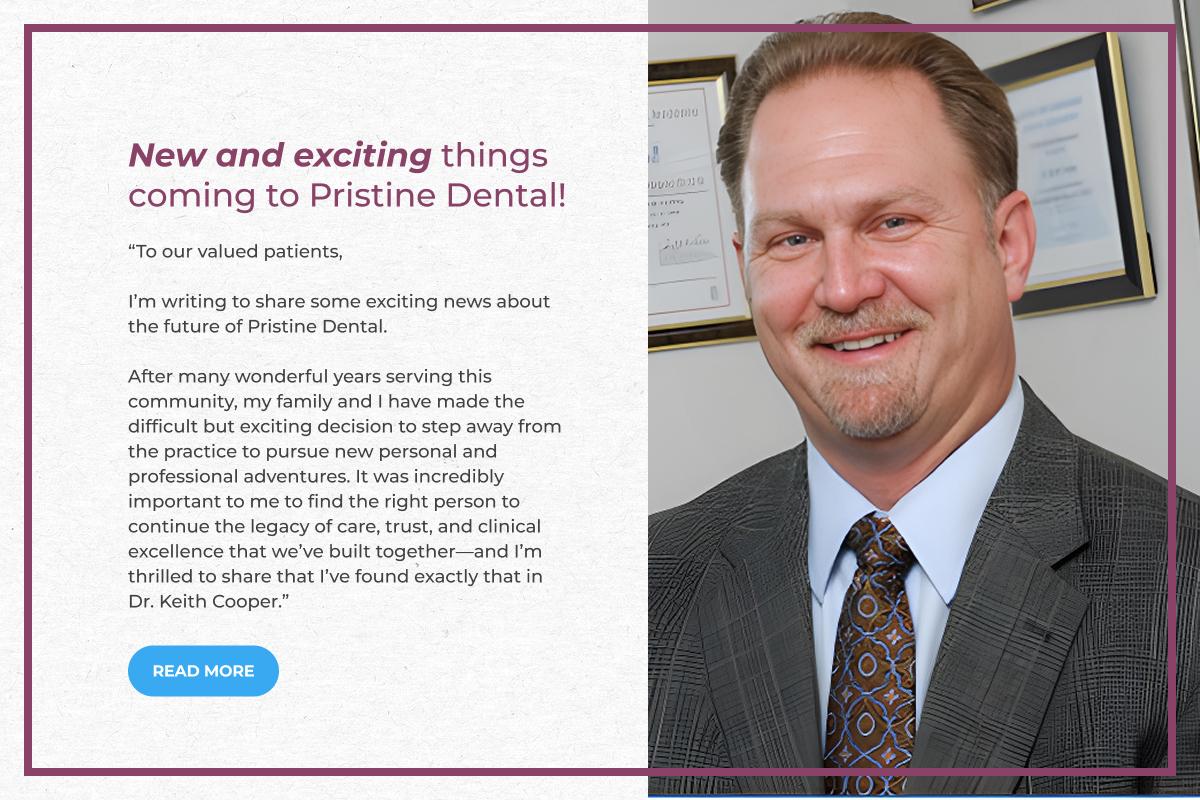Visiting the dental office regularly isn’t just about maintaining a great smile; it’s an essential part of your overall health regimen. In this article, we’ll explore the many reasons why scheduling these visits should be a priority in your health routine.
1. Preventing Cavities and Tooth Decay
Frequent visits to the dental office help in detecting and addressing cavities before they become major problems. During these visits, dentists can identify cavities early and provide treatment, avoiding the need for more extensive procedures later. Additionally, routine check-ups empower you with detailed insights into your oral hygiene practices. If there is an issue with your brushing or flossing techniques, your dentist can guide you on how to rectify those habits. This proactive approach mitigates the risk of tooth decay, ensuring your pearly whites stay intact for Years to come. Regular detection and intervention as a part of your dental office visits can prevent these from developing into more significant issues. Attending regular dental visits can help stop cavities from forming by providing professional cleaning and advice tailored to your needs.
2. Catch Gum Disease Early
Dental visits are crucial because they allow for the early detection and management of gum disease, a condition that many fail to identify at home. Initially, gum disease might present minor symptoms like swelling or redness, but if left unchecked, it can lead to severe complications like tooth loss or infection. Through regular cleanings and exams, dentists can spot and treat such issues long before they escalate, preserving your oral health efficiently. These preventative measures are further supported by guidance on proper brushing and flossing techniques, which you can incorporate into your daily routine, minimizing gum disease risk.
The importance of early identification and treatment cannot be overstressed. According to the Oral Health Foundation, treating gum disease early on emphasizes preventive care and ensures a healthier mouth by preventing inflammation from worsening into a chronic condition.
3. Professional Teeth Cleaning
Professional teeth cleaning is an integral part of maintaining good oral hygiene, something regular brushing might not fully cover. Even with daily brushing and flossing, hard-to-reach areas in our mouth can retain plaque and tartar, which often leads to tooth decay. Dental professionals utilize special tools to clean these regions thoroughly, offering protection that a regular toothbrush can’t match. Furthermore, these cleanings help in preventing gum diseases by not allowing plaque to harden into tartar, which can often occur without any visible symptoms until it’s too late. This proactive care makes sure that your teeth are not just clean, but also healthy and protective against more serious oral issues.
4. Oral Cancer Detection
One of the essential components of a dental check-up is screening for oral cancer. It’s an often-overlooked procedure, yet crucial for identifying warning signs early. Dentists are trained to spot abnormalities in your mouth that might go unnoticed to an untrained eye, such as unusual red or white patches or sores that don’t heal. By identifying these factors early, the chances for successful treatment increase dramatically, often leading to far less invasive procedures and better outcomes. Alongside traditional inspections, many modern dental offices employ cutting-edge technology that can detect precancerous conditions, offering you peace of mind through comprehensive screenings as a regular part of your dental care regimen.
5. Enhanced Overall Health
Visiting your dental office regularly also contributes to better overall health beyond oral hygiene. Linkages between oral health and systemic conditions, including heart disease and diabetes, have been increasingly documented. Having regular dental consultations means checks for signs of inflammation or infection that could signal broader health concerns. During these visits, your dentist may identify symptoms indicative of these conditions, allowing you to seek timely medical intervention when necessary. In essence, oral health acts as a critical indicator, or even precursor, to detecting broader health issues. Thereby, advocating for this comprehensive health holistic approach emphasizes that each dental appointment is far more than just a teeth cleaning or cavity check.
6. Tailored Dental Advice
One of the many benefits of regular dental office visits is access to personalized dental advice. It’s not just about check-ups and cleanings; it’s about ensuring each patient receives guidance that is specifically tailored to their individual needs. Dentists can recommend the right dental products, advise you on correct brushing and flossing techniques, and even suggest dietary changes to safeguard your oral health. This customization of care ensures that beyond general advice, the guidance you receive is in alignment with your unique lifestyle and health needs.
7. Correct Dental Problems Early
Addressing dental issues early on can prevent more extensive, costly treatments later. This principle is central to effective dental care where minor interventions during regular visits can save you from larger issues down the road. Detecting problems like misalignments or weakened enamel early means less invasive and less costly treatment solutions, maintaining both the functionality and aesthetics of your teeth over time. The ability to spot and correct dental problems early also prevents these issues from worsening, ensuring the longevity of your oral health with minimal disruption to your daily life.
8. Maintaining a Bright Smile
A bright smile contributes significantly to personal confidence and self-esteem. Consistent dental visits mean your teeth are cleaned professionally, effectively removing stains and maintaining whiteness that regular brushing might not achieve. Additionally, dentists can provide expert advice on teeth whitening procedures, always ensuring they are done safely and effectively. A professional approach guarantees that any cosmetic treatments align with the health needs of your teeth, allowing you to enhance your smile without compromising oral health.
9. Strengthening Teeth
Fluoride treatments and professional cleanings contribute to stronger, more resilient teeth. Fluoride is known for its capacity to rebuild weakened tooth enamel, reverse early signs of tooth decay, and make teeth resistant to acids from plaque bacteria and sugars. Regular application during dental appointments ensures your teeth maintain optimal strength, providing a protective shield that regular at-home care can’t achieve. This additional fortification keeps your teeth in prime condition, effectively bolstering them against the daily wear and tear of eating, drinking, and other lifestyle factors.
10. Preventing Bad Breath
It’s an issue most people shy away from discussing, yet chronic bad breath, or halitosis, affects a surprisingly large portion of the population. Regular cleanings help reduce the buildup of plaque, which is a common cause of bad breath. During these visits, your dentist can address any underlying issues that might contribute to bad breath, such as gum disease or cavities. Ensuring these conditions are treated effectively not only maintains the health of your teeth and gums but also ensures fresh breath, reducing the self-consciousness that often accompanies ongoing bad breath problems.
11. Monitoring Impact of Health Conditions
Dental visits can reveal changes linked to conditions such as diabetes, which can impact oral health. Studies have shown that individuals suffering from diabetes are more susceptible to gum disease, making regular monitoring by a dental professional quite critical. Your dentist can help manage these interconnected health aspects by closely observing changes in your oral health, providing guidance on managing these conditions to avoid exacerbating them.
12. Use of Advanced Technology
Modern dental offices have evolved to include advanced technology for more precise diagnostics and treatment planning. These technologies, ranging from digital x-rays and laser diagnostics to intraoral cameras, help in identifying potential issues with greater accuracy than ever before. Utilizing these tools during your dental visits means you benefit from the latest advancements in dental care, which not only enhances the quality of the care received but also often results in quicker and less invasive procedures. This technological evolution means modern dentistry is preparing you today for future oral health challenges with innovative solutions.
13. Improving Speech Clarity
For those experiencing issues with speech clarity or pronunciation, dental problems might be more than just an inconvenience; they can significantly impact daily communication. Addressing dental issues like misaligned teeth or bite problems can lead to improvements in speech clarity, allowing for better communication and increased confidence in social and professional situations. By correcting these issues, dental visits contribute to not just health, but the quality of day-to-day life. This improvement underscores how oral health is more interconnected to overall wellbeing than many might realize.
14. Support for Dental Anxiety
Building a rapport with your dentist can ease anxiety and make future visits more comfortable. Many people experience dental anxiety, which might prevent them from receiving necessary care. By regularly visiting the same dental office, you get the opportunity to build familiarity with the staff and environment, thereby diminishing anxiety over time. Dentists today are well-versed in techniques to manage such fears, offering supportive approaches tailored to your comfort level. This not only improves patient experience but ensures you never miss a critical check-up due to worry or fear.
15. Long-term Savings
Preventative care and regular visits can save money in the long run by avoiding more complex procedures. While consistent cleanings and check-ups may seem an additional expense, they function as an investment toward preserving your natural teeth and maintaining overall oral health. Catching issues early through regular dental visits often means dealing with smaller, less costly procedures rather than significant dental surgeries or treatments seeping hundreds if not thousands of dollars. The cost-effectiveness of regular visits is well-established in long-term oral health strategies, underlining the notion that prevention is always better (and often cheaper) than cure.



